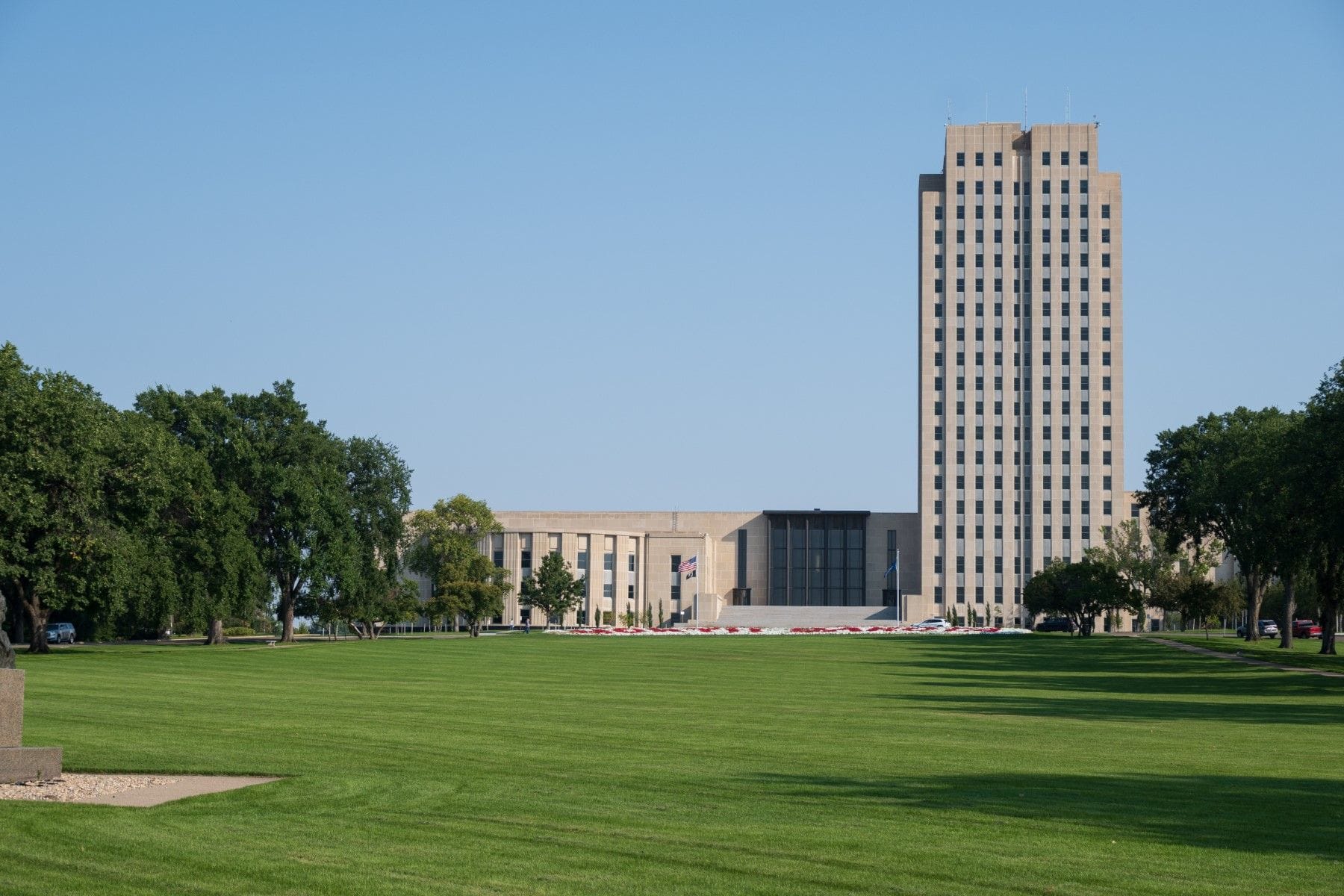Expert Witness Compensation Rules in North Dakota
Expert witness compensation in North Dakota is governed by legal rules and ethical guidelines, ensuring fair remuneration while outlining clear agreements and practices.
Updated on
In this article
What Are the Rules Governing Expert Witness Compensation in North Dakota?
In North Dakota, the compensation of expert witnesses is regulated by a combination of statutory provisions, procedural rules, and ethical guidelines. These regulations ensure that expert witnesses are compensated fairly for their expertise, time, and effort. Understanding these rules is crucial for attorneys, expert witnesses, and legal professionals navigating the complexities of legal proceedings in the state.
Fee Provisions in North Dakota Rules of Civil Procedure
The North Dakota Rules of Civil Procedure provide a framework for the engagement and compensation of expert witnesses. Rule 26(b)(4) of the North Dakota Rules of Civil Procedure outlines the conditions under which experts can be deposed and the associated compensation guidelines. Typically, the party seeking discovery through deposition is responsible for compensating the expert witness for their time spent in deposition preparation and testimony. This rule helps prevent undue financial burden on experts, ensuring their availability for legal proceedings.
Furthermore, the rules allow for the recovery of reasonable fees associated with the expert’s testimony if the court deems it necessary. This provision is crucial to maintaining a balance between the fair remuneration of expert witnesses and the financial constraints of the parties involved.
Understanding North Dakota Code §31-08-07: Payment Guidelines for Expert Witnesses
North Dakota Code §31-08-07 specifically addresses the compensation of expert witnesses. This statute mandates that expert witnesses should receive reasonable compensation for their services. The determination of what constitutes "reasonable" is often influenced by several factors, including the expert's qualifications, the complexity of the subject matter, and the time required to prepare and provide testimony.
Key considerations under this statute include:
- Expert's Qualifications: Higher qualifications and specialized expertise may warrant higher compensation.
- Complexity of the Case: Cases requiring detailed analysis or specialized knowledge may justify increased fees.
- Time Commitment: The duration of preparation and actual testimony plays a significant role in fee determination.
Ethical Considerations and Bar Guidelines for Expert Witness Fees in North Dakota
Ethical considerations are paramount when determining expert witness fees in North Dakota. The North Dakota Rules of Professional Conduct, particularly Rule 3.4(b), prohibit attorneys from offering inducements to witnesses beyond what is legally permissible. This rule ensures that expert witness compensation does not influence the testimony or create any appearance of bias.
The North Dakota Bar Association provides additional guidelines, emphasizing the importance of transparency and fairness in fee arrangements. These guidelines encourage the use of written agreements outlining the scope of the expert's services and the corresponding compensation to avoid any potential disputes or ethical violations.
Practical Tips for Structuring Expert Witness Fee Agreements in North Dakota
When structuring fee agreements for expert witnesses in North Dakota, it is essential to ensure clarity, fairness, and adherence to legal and ethical standards. Here are some practical tips to consider:
- Define Scope of Services: Clearly outline the expert's responsibilities, including the specific tasks they will perform, such as consultations, reports, depositions, and court appearances.
- Establish Fee Structure: Specify the fee arrangement, whether it be hourly, flat rate, or contingent on the outcome of the case. Ensure that the fee structure aligns with the norms for the expert's field.
- Include Payment Terms: Detail payment schedules, such as upfront retainers, progress payments, or final payments upon completion of services. This helps manage financial expectations for both parties.
- Address Reimbursable Expenses: Identify which expenses will be covered, such as travel costs, materials, or administrative fees. Clarifying these details can prevent disputes later on.
- Incorporate Cancellation Policies: Establish terms regarding cancellations or rescheduling, including potential fees for last-minute changes. This ensures that both parties understand their commitments.
- Use Written Agreements: Document all terms in a written agreement to formalize the arrangement. A well-drafted contract can help safeguard against misunderstandings and legal complications.
- Review for Compliance: Ensure that the agreement complies with North Dakota’s statutory provisions and ethical guidelines. Consulting with legal counsel can help confirm adherence to relevant laws.
By following these tips, attorneys and expert witnesses in North Dakota can create fair and effective fee agreements that support a smooth legal process.


